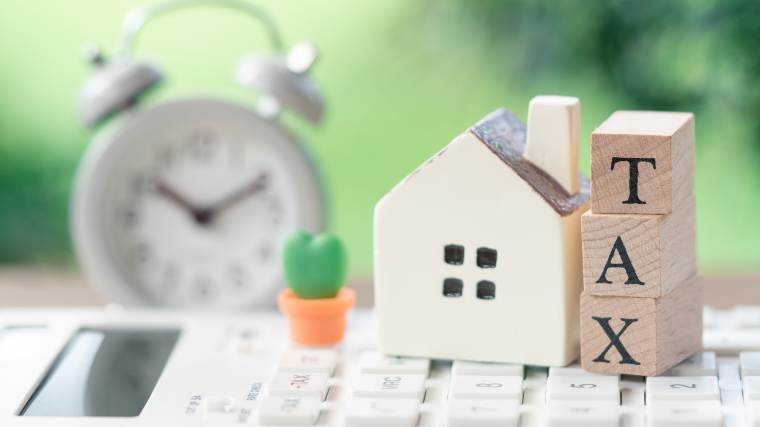Will Bankruptcy Wipe Away My Unpaid Property Taxes?

A reader sent in the following question about bankruptcy and property taxes. Please note that the advice that follows is presented for informational purposes only and is not intended as legal advice. Consult with a qualified lawyer for advice specific to your situation.
I owe several years back taxes on my home. If I file bankruptcy will it help with these taxes?
First of all, my empathy to anyone out there considering bankruptcy. It's a powerful tool and absolutely the right choice for some folks in difficult situations, but reaching the point of researching bankruptcy usually means that things have been challenging, and likely for a long time. Bankruptcy is a long, complicated process. It’s there to help you hit the reset button, and while it can remove a majority of your debts, it doesn’t absolve you of all of your debt obligations.
What type of bankruptcy are you filing?
To answer the question about property taxes, first you have to determine what type of bankruptcy you’ll be filing. The two major types of consumer bankruptcy are Chapter 7 and Chapter 13.
Chapter 7 is the type we generally think of when we talk about filing bankruptcy. Your nonexempt property (anything that isn’t considered essential) is sold to pay creditors and your remaining unsecured debt is dissolved. Chapter 13 is basically a court-mandated structured repayment plan – you keep your property and use a certain percentage of your available disposable income to make payments towards your debts.
In Chapter 13 your back property taxes would be repaid like your other debt obligations over the course of your mandated repayment program. In Chapter 7, property taxes less than a year old cannot be discharged, however, property taxes that were assessed more than one year prior to filing may be included. Tax liens, on the other hand, can never be discharged through bankruptcy. So if your unpaid property taxes have been converted into a tax lien that will stay in place no matter what, until you sell your house and use the proceeds to pay the liens.
Your best bet when it comes to bankruptcy is always to speak with a qualified attorney to discuss your options and find the best course of action.
If you're unsure how best to handle your debts, including credit card debts, consider speaking with a nonprofit credit counselor. A session is always free and counseling is available 24/7.

















